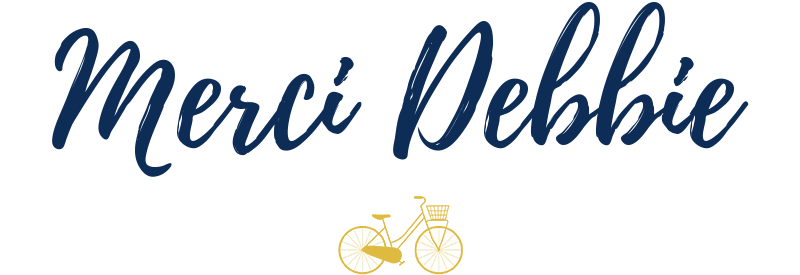It started out more as on omission of the truth. Because my children are young, ages 4 and 1, and I’m blessed to be at home with them full time, it didn’t seem necessary to say anything. Even our son, who usually attended two mornings of preschool per week, didn’t seem to notice our change of pace at first. But when he finally noticed that he was spending WAY more time at home than usual, that’s when I decided to lie. I lied to protect his innocence, because like so many other parents, I believe that I’m doing the right thing for my child. I choose to shelter my child at home without knowledge of the virus, because the alternative seems incredibly stressful and unnecessary for a child to hear.
At first it was a halfway decent answer: just a little white lie to buy me time to figure out what to say to my son about our world coming to a halt over a global pandemic. “Spring Break” is what I called it. It didn’t seem too far off from actual spring break, as the first week of school we had off was mid-March. But after that seemed to appease him, it just became our simple and go-to answer, along with “Spring Cleaning”. “Everyone is taking time to rest after winter and prepare for summer” we’d say. And for all he could observe, it was true. We, like so many others, have been busy cleaning our home, working on long avoided house projects, and clocking hours upon hours in the yard, landscaping and gardening. So spring break and spring cleaning have made sense to his young and developing mind.
Everything now seems like it is in limbo. We are all anxious to see how things progress from here, when we will feel safe again and things will resume and places reopen. If there will be a cure, a vaccine, and end. What I keep thinking is, if I don’t feel prepared to understand how life is changing, how can I expect my child to? Parenting Expert Kim John Payne encourages parents to act as filters to the adult world for their children. In his book Simplicity Parenting he states that children are unable to fully understand the context of our adult issues, and that parents should reserve conversations for times when children are not present. “Not only do they lack context for the information, they lack the foundation that childhood slowly provides. The foundation of years of relatively safe observation, interaction, and exploration. Too much information does not “prepare” a child for a complicated world, it paralyzes them”. Payne goes on to encourage parents to ask themselves before sharing anything with their children “is it necessary?”.
Most of what I found online echoed this advice. The consensus amongst the Mayo Clinic, the CDC and PBS is clear: remain calm and reassuring, pay attention to what they may see or hear regarding the virus, practice safety with germs as a family and provide them with age appropriate information. “Keeping your own anxiety in check is key” wrote Jessica Grose in the New York Times. She encouraged gauging what your children know of the virus before telling them what you know, speaking to them about it at an age appropriate level, encouraging good hygiene and also remaining positive whenever possible. What stood out to me the most was a quote she included from Abi Gewirtz, Ph.D., a Clinical Psychologist and professor at the University of Minnesota “If your child is under 6 and has not heard about the virus yet, you may not want to bring it up, as it may introduce unnecessary anxiety”.
So far yes, I’ve lied about the existence of the coronavirus to my child and I'm proud of it. I believe it is my job as a parent to ensure my child's safety and wellbeing. By staying home and practicing social distancing I am keeping him safe. By avoiding telling him the ins and outs of the virus, as well as my own anxieties surrounding it, I am protecting his mental wellbeing. I want my son to look back on this time of life and no nothing different. He was home. He was safe. He was loved. And we were happy.
How are you and your family handling the Coronavirus?



